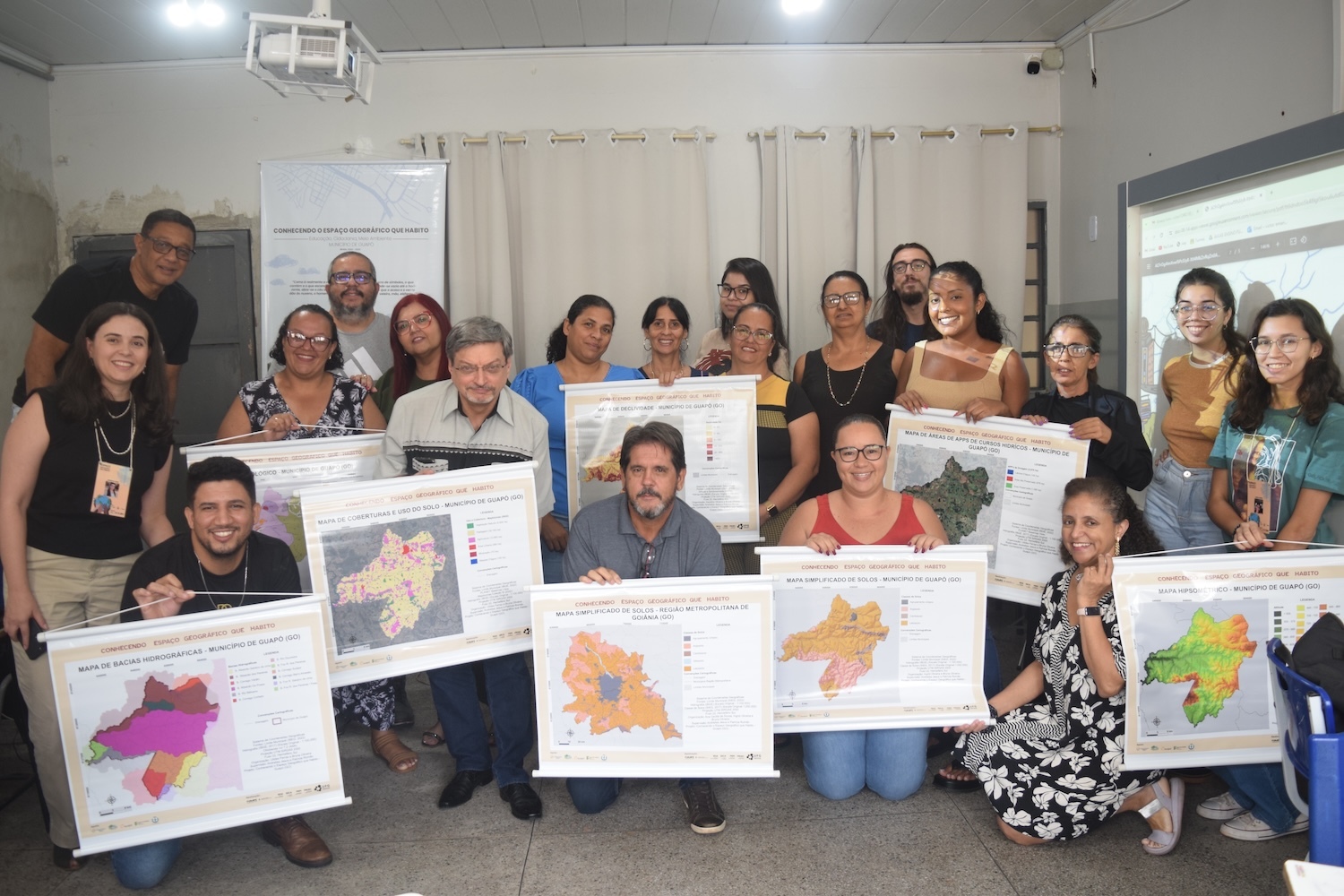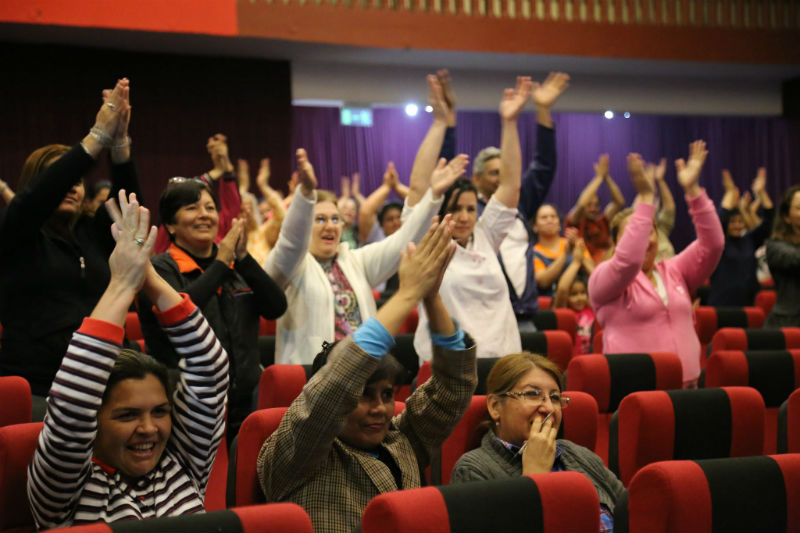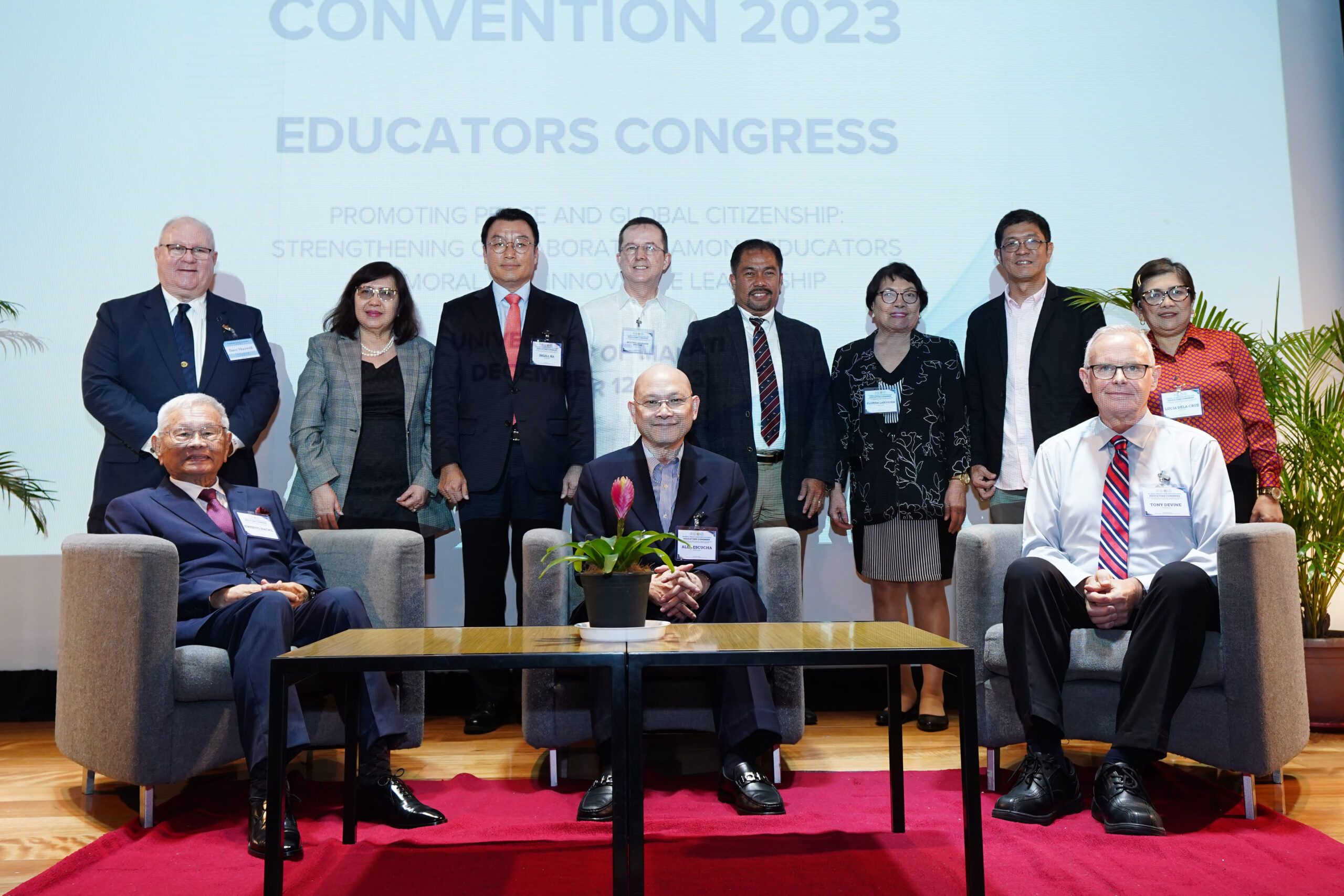In a webinar hosted by the World Innovation Summit for Education (WISE), experts Andreas Schleicher, Director for the Directorate of Education and Skills at OECD (Organization for Economic Co-operation and Development), and Fernando Reimers, Professor of the Practice in International Education at Harvard Graduate School of Education shared key points to consider during these unprecedented times of the COVID-19 pandemic.
As we look toward transforming education on the community, national, and global level towards raising the next generation of peacebuilders, we need to ask ourselves how we will use this time of crisis and challenge as an opportunity to move forward.
#1. The Big Questions
Many of the Big Questions that present themselves in this crisis are of an ethical nature in which Moral Leadership is needed.
Educators and Students need to wrestle with topics like:
- Can you distinguish between right and wrong?
- What are the short term human costs and long term consequences that people need to be cognizant of?
- Artificial Intelligence is another one of those forces that it an amazing amplifier and accelerator. It can amplify great ideas and good practices, in the same way, that it can amplify bad ideas and practices. The capacity of human beings to make these kinds of distinctions is becoming more vital and critical.
- Education should be putting more emphasis on these areas, helping young people to think of the big questions.
#2. Deeper Partnerships – Teachers & Parents / Schools & Communities
Now is the time that relationships between community members and families will play an even more essential role in managing education.
Things to consider:
- How can school systems, school heads and teachers provide ongoing professional development support to parents in their children’s learning during this time?
- Consider some kind of blended homeschooling.
- Making education an ecosystem—education that is more autonomous and independent utilizing technology.
- Teacher’s primary role is their relationships with their students.
- Role of the Teacher needs to transition to that of a master facilitator vs. downloading content.
- Expand education as a Whole of Society Approach bridging schools, communities, and employers vs. the current Whole of Government Approach.
- Promote lifelong learning and a passion for learning.
Watch the full video live on Facebook:
LINK: https://www.facebook.com/wiseqatar/videos/161505175195172/
(The Video Starts at 17 Minutes 39 Seconds into the Video Timeline.)



